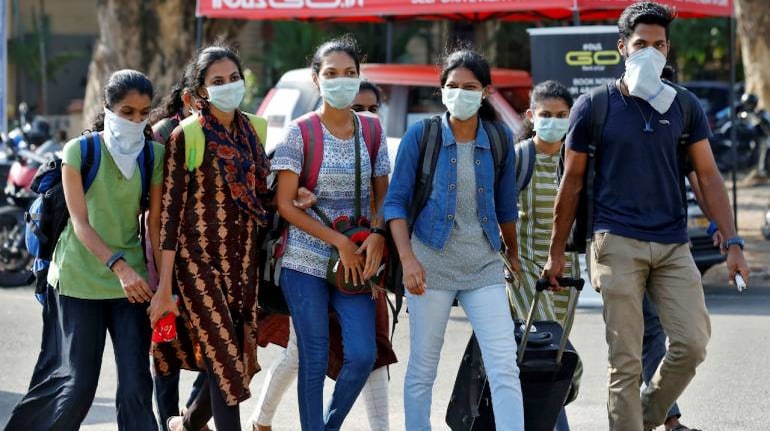In households with patients between ages 10 and 19, nearly 19 percent of contacts were infected
A recent study out of South Korea found a higher prevalence of COVID-19 transmission stemmed from older school-aged children than those under the age of nine.
Amid the debate over school reopening plans, many have pointed to urgently needed data on virus transmission from children to adults to guide decision making.
Gaps in data also remain in understanding how reopening schools could contribute to community virus spread and airborne transmission, as well as the effectiveness of different mitigation strategies.
Study authors said the large-scale investigation is representative of most COVID-19 patients early during the outbreak in South Korea.
“We showed that household transmission of SARS-CoV-2 was high if the index patient (or first documented case within a cluster) was 10–19 years of age,” they wrote.
The team monitored nearly 65,000 patients for about 10 days after a coronavirus infection was detected.
They found that a total of 11.8 percent of household contacts of these “index patients” had COVID-19 infection. In households with patients between 10 and 19 years old, nearly 19 percent of household contacts had infection.
“Our large-scale investigation showed that pattern of transmission was similar to those of other respiratory viruses,” the authors wrote. “Although the detection rate for contacts of preschool-aged children was lower, young children may show higher attack rates when the school closure ends, contributing to community transmission of COVID-19.”
The study comes in the wake of guidance from an influential, national panel of experts who argued schools should prioritize fall reopenings for children in K-5 and those with disabilities. The officials from the National Academies of Science, Engineering and Medicine said this age group doesn’t fare as well as with remote learning as older children do, and warned of long-term academic consequences if in-person learning remains closed this fall.
Also in recent news, an organization representing thousands of pediatricians in Florida penned a letter to Gov. Ron DeSantis last week asking him to reconsider reopening schools in August amid a surge of new coronavirus cases.
Dr. D. Paul Robinson, president of the Florida Chapter of the American Academy of Pediatrics executive board, said viral infection rates in Florida are “extremely high,” with a rolling average of 14.2 percent over the last two weeks. He said most health experts recommend children be kept out of school until the rates fall between 3 and 5 percent for two weeks.
He said the FCAAP, which represents 2,600 pediatricians, believes each school district should decide on when and how to reopen for in-person learning. Some parents and teachers hope the advice of the FCAAP will reverse the decision to reopen schools.













![Hotstar Premium Cookies 2019 [*100% Working & Daily Updated*] Hotstar Premium Cookies 2019 [*100% Working & Daily Updated*]](https://tahav.com/wp-content/uploads/2019/11/Hotstar-Premium-Cookies-Free-100x70.jpg)



